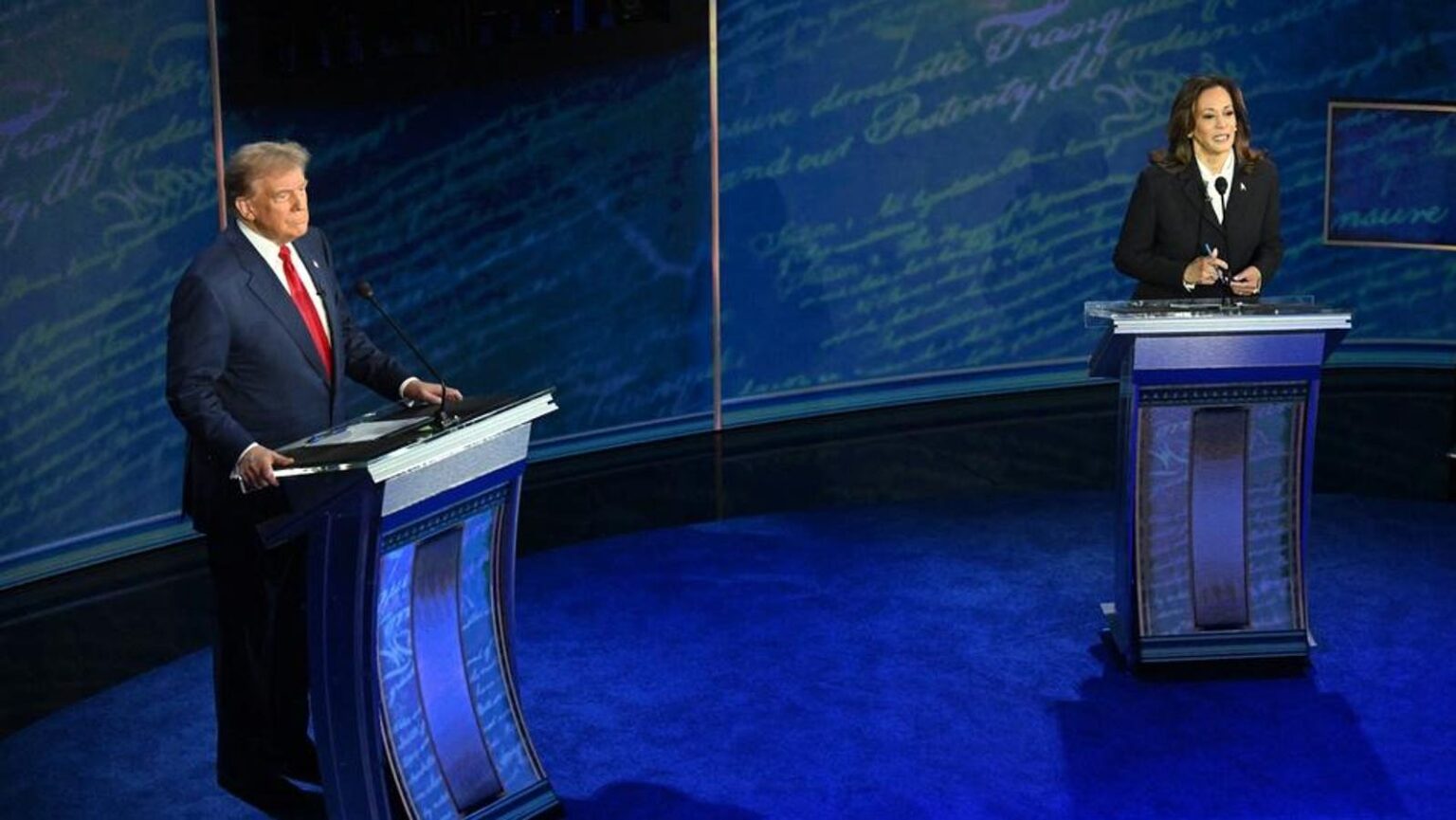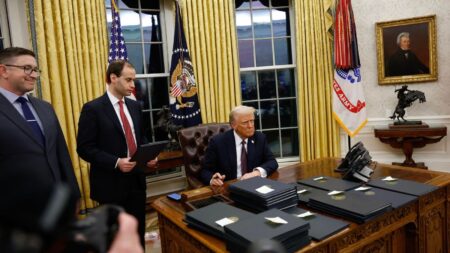I do not feel particularly well-qualified to comment on American politics, and I certainly do not want to make any political points, but I cannot help but be interested in the relationship between politics and fintech in general, and cryptocurrency in particular. While presidential candidate Kamal Harris has been quiet on the topic, one of the proposals that former president Trump has put forward is some kind of strategic bitcoin reserve. Will this swing US voters in the November election?
Stashes And Reserves
First of all, I must say that I am reluctant to label a government’s bitcoin holdings as a “reserve” at all. A reserve is a store of something that has utility, such as oil, but bitcoin has no utility beyond speculation. You cannot really do anything with it. Unlike cheese. The US government’s one billion plus pounds cheese reserve can, for example, be given out to welfare recipients to have on toast.
(While you may have never heard of government cheese, and I certainly had not before I heard about in on a podcast, it features in popular culture. Jay Z sings “After that government cheese, we eating steak” and Kendrick Lamar sings about eating “cheese from the government”.)
My view is therefore that bitcoin holdings are not a reserve but might more properly be labelled as stash, and it is fair to observe that economists consider a bitcoin stash of little value to taxpayers but of great value to the crypto “whales” who hold most of it. Given that the cryptocurrency market is manipulated by those whales, who are able to move relatively large volumes almost at will with zero overview by regulators, it is no surprise that their sentiment is for the stash and against regulation.
(After all, the regulations around securities and so on were brought in the 1930s precisely to protect retail investors from exploitation.)
There is an excellent episode of Laura Shin’s “Unchained” podcast in which she discusses the various proposals for a government stash with the economist George Selgin. These proposals come not only from Mr. Trump but also Robert F. Kennedy Jr., and Senator Cynthia Lummis. George, who is a thorough scholar of the history of money, expresses a certain amount of scepticism about each of their proposals and concludes (wisely, in my view) that the government should not be investing in bitcoin or any other crypto currencies for that matter.
The Blockchain Vote
Whether the proposal for a stash, or any other positions around cryptocurrency, will make any difference to the outcome of the US presidential election is unclear, but I do not see any evidence that it will. While cryptocurrency podcasts may think that they are discussing the key to the presidency, political researchers have a very different perspective, suggesting cryptocurrency will not be a decisive issue even as ownership increases. Justin Esarey, a politics and international affairs professor at Wake Forest University says that he cannot recall interest in cryptocurrency “being something that a large bloc of voters have ever expressed”.
Meanwhile is it not clear how much the two presidential candidates care about crypto, as evidenced from their debate. Nick Beauchamp (associate professor of political science at Northeastern University) puts it this way: “The crypto ‘voting block’ is not voters but donors. Crypto appears on almost no one’s list of important issues, and most people are either unaware of it, or have rudimentary opinions.”
Swing Donors
Unaware? Yes. You might get the impression from certain social media that a great many people are fascinated by cryptocurrency an spend all day discussing their holdings. The figures, however, tell a different story. Two Federal Reserve surveys put US adult crypto ownership in the range 8-10% respectively in 2022, while Nielsen Homescan data has it a little higher (around 12%). Pew had American crypto ownership at 11-12% in early 2023. The Bank of Canada calculates bitcoin ownership there similarly around 10% in the same timeframe, while the Ontario Securities Commission put it at 13% before the crypto winter. There are more than 50 million Bitcoin
Bitcoin
(Insofar as the average American thinks about cryptocurrency at all, it is probably in the context of crime because while cryptocurrency-related complaints to the FBI were just 10% of all financial fraud complaints last year, they accounted for half of the total losses. Cryptocurrencies are used in a host of different frauds, although investment scams dominate, accounting for three-quarters of the losses.)
The number of people with substantial cryptocurrency holdings does not seem that great to me and the idea that there is a constituency of crypto voters who are focused on making sure that exchanges and other companies are lightly regulated is, as noted in the Financial Times “fanciful”.
On the other hand the amount of money that crypto donors are piling in to the election is anything but fanciful. Take a look at the US Senate election in Ohio, where political action committees (PACs) have devoted $40 million to support Republican Bernie Moreno against Senator Sherrod Brown (D-Ohio), the chairman of the Senate Banking Committee and a well-known cryptocurrency sceptic.
Whether there are enough crypto votes out to make difference remains to be seen, but the fact is that crypto money has already proven helpful.
Read the full article here











